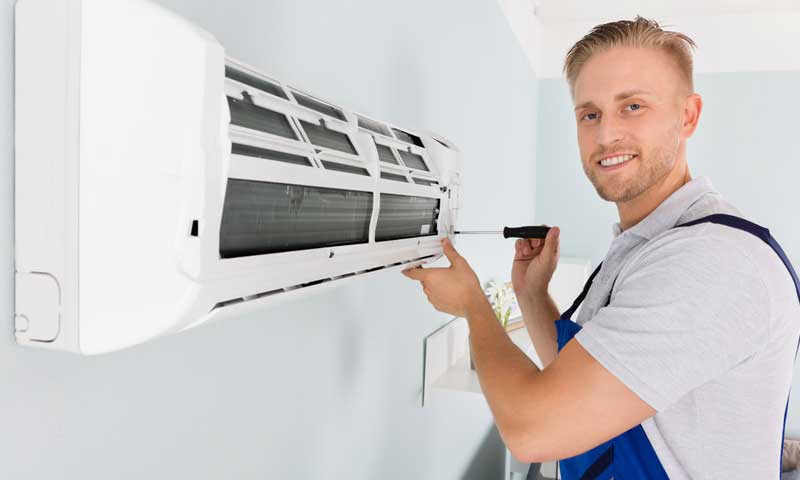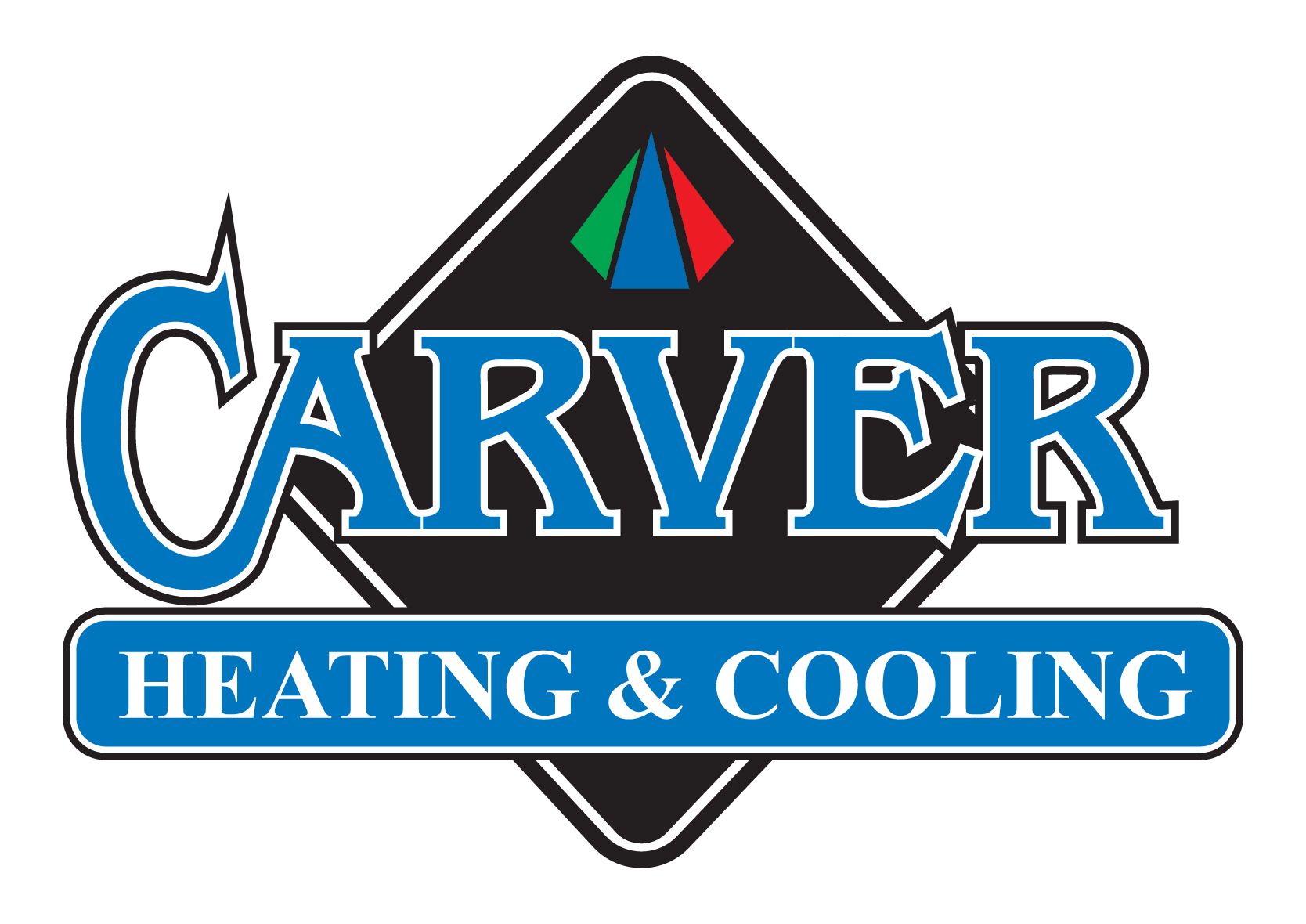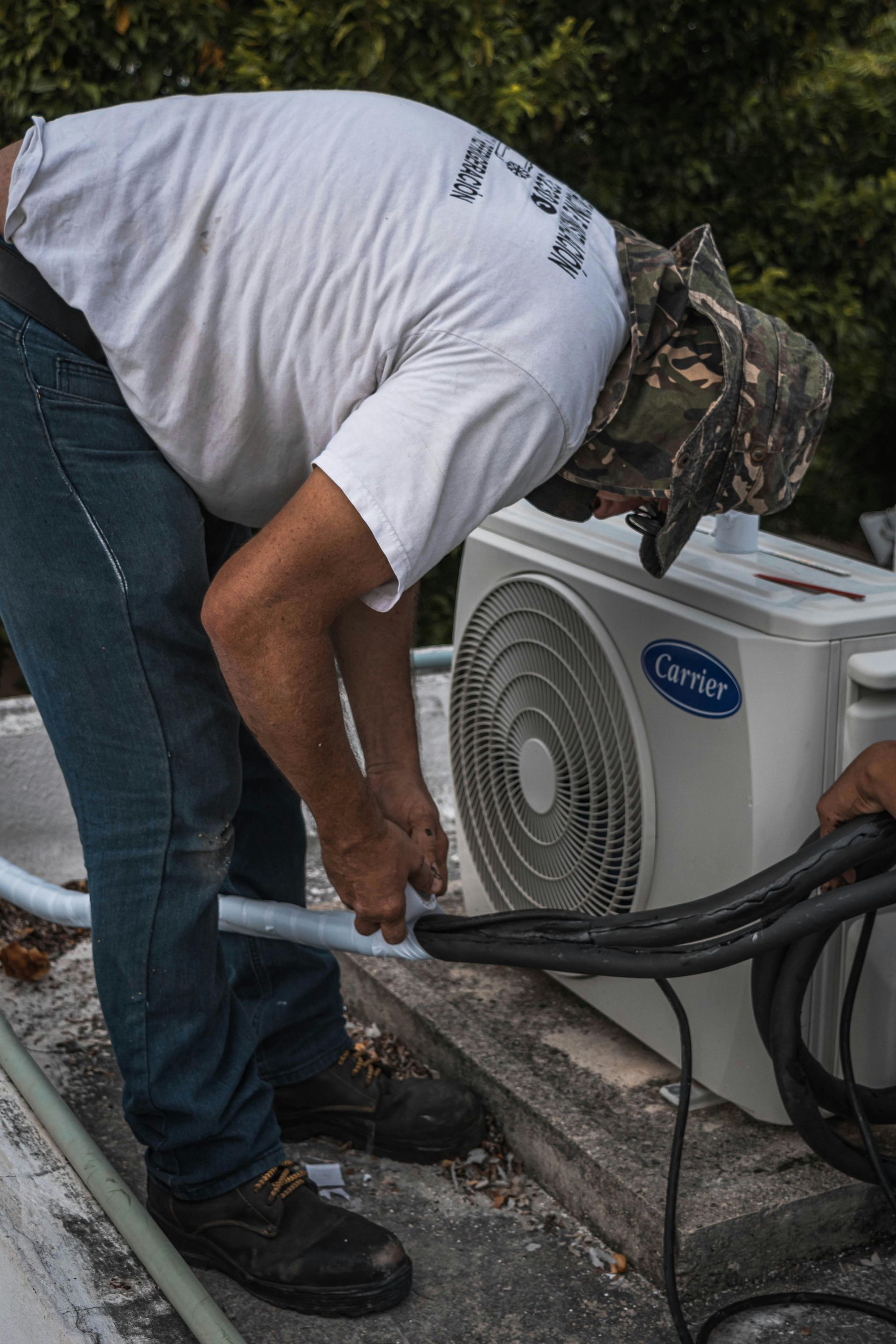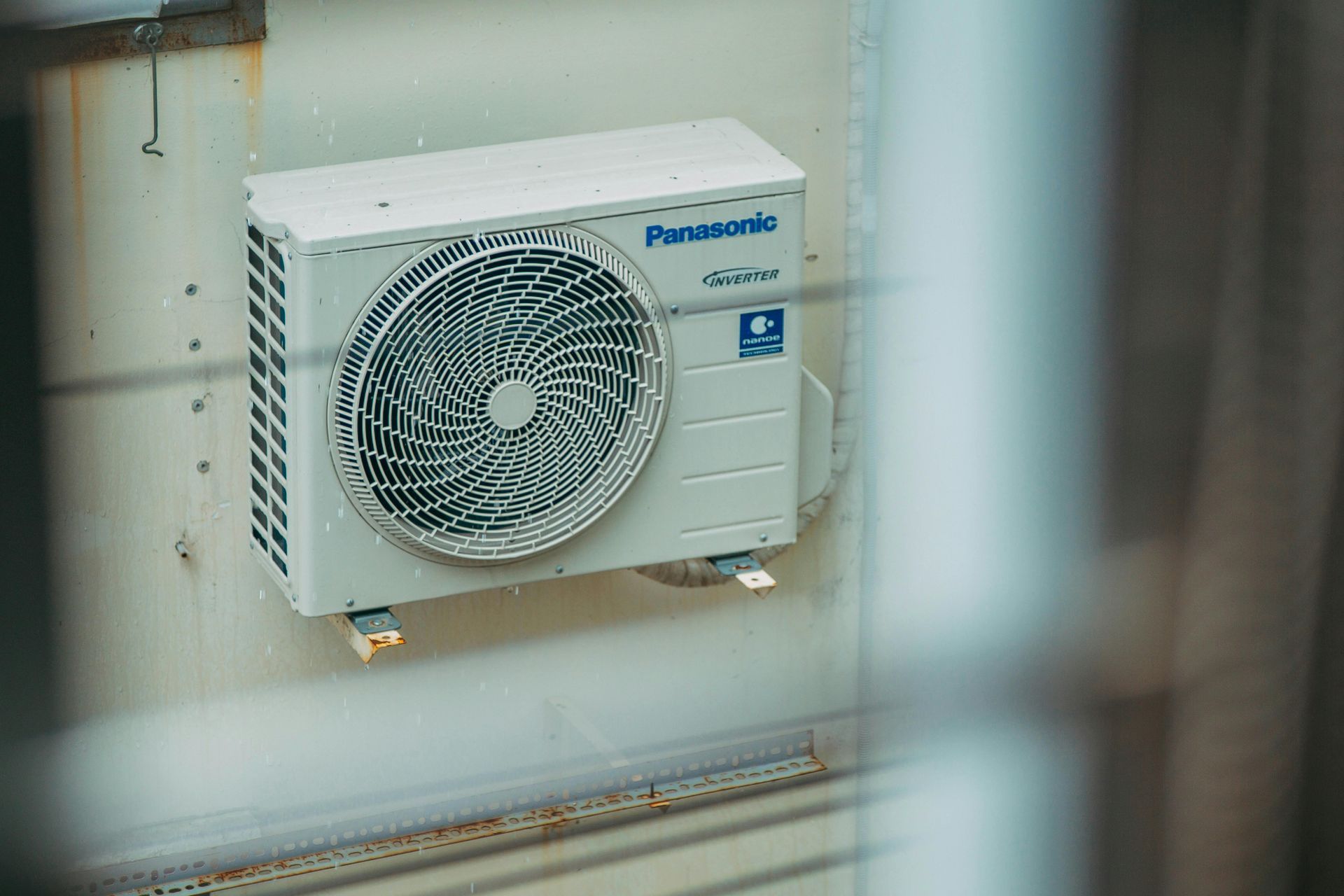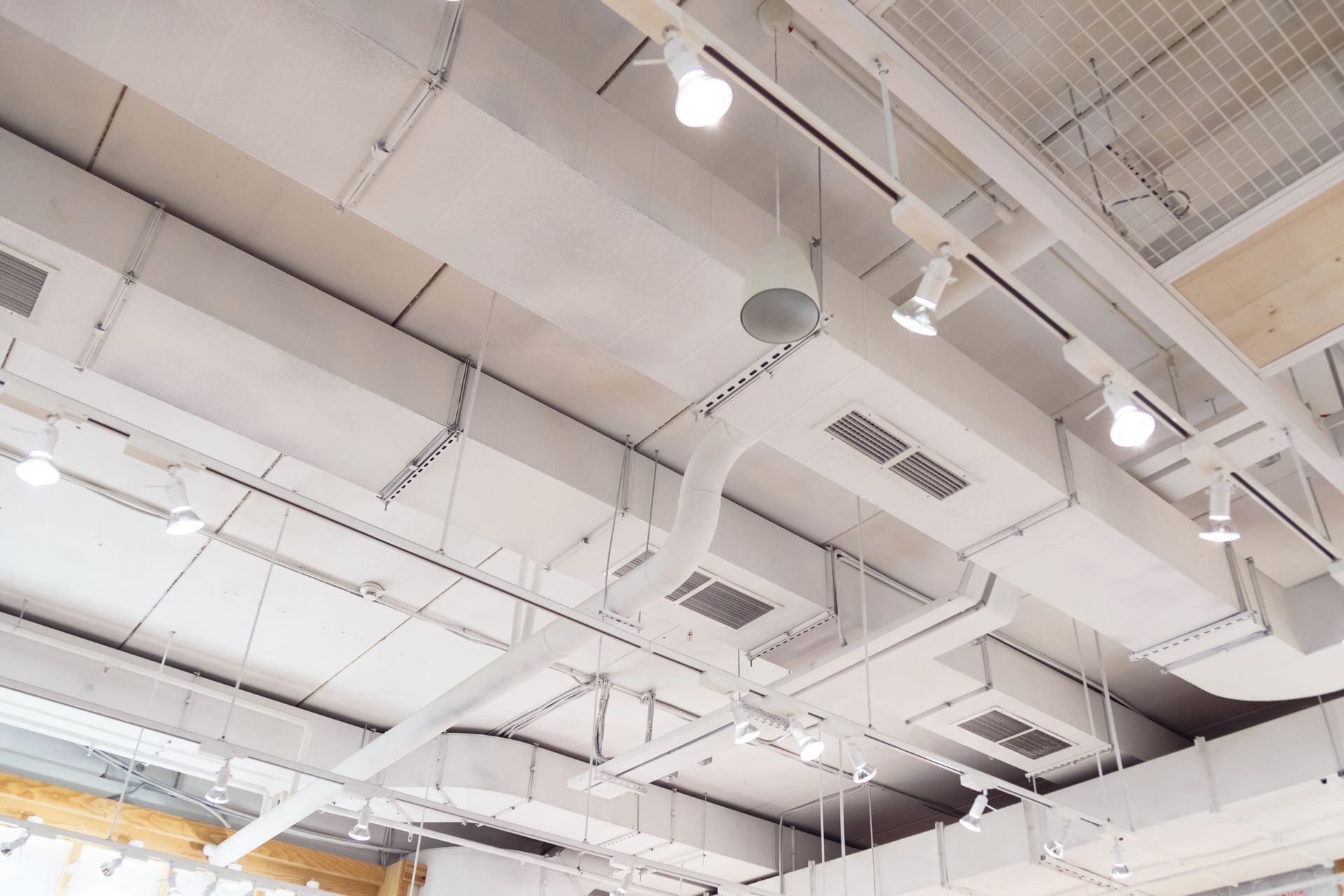How to Reduce Energy Bills with a High-Efficiency Home HVAC System in London, Ontario?
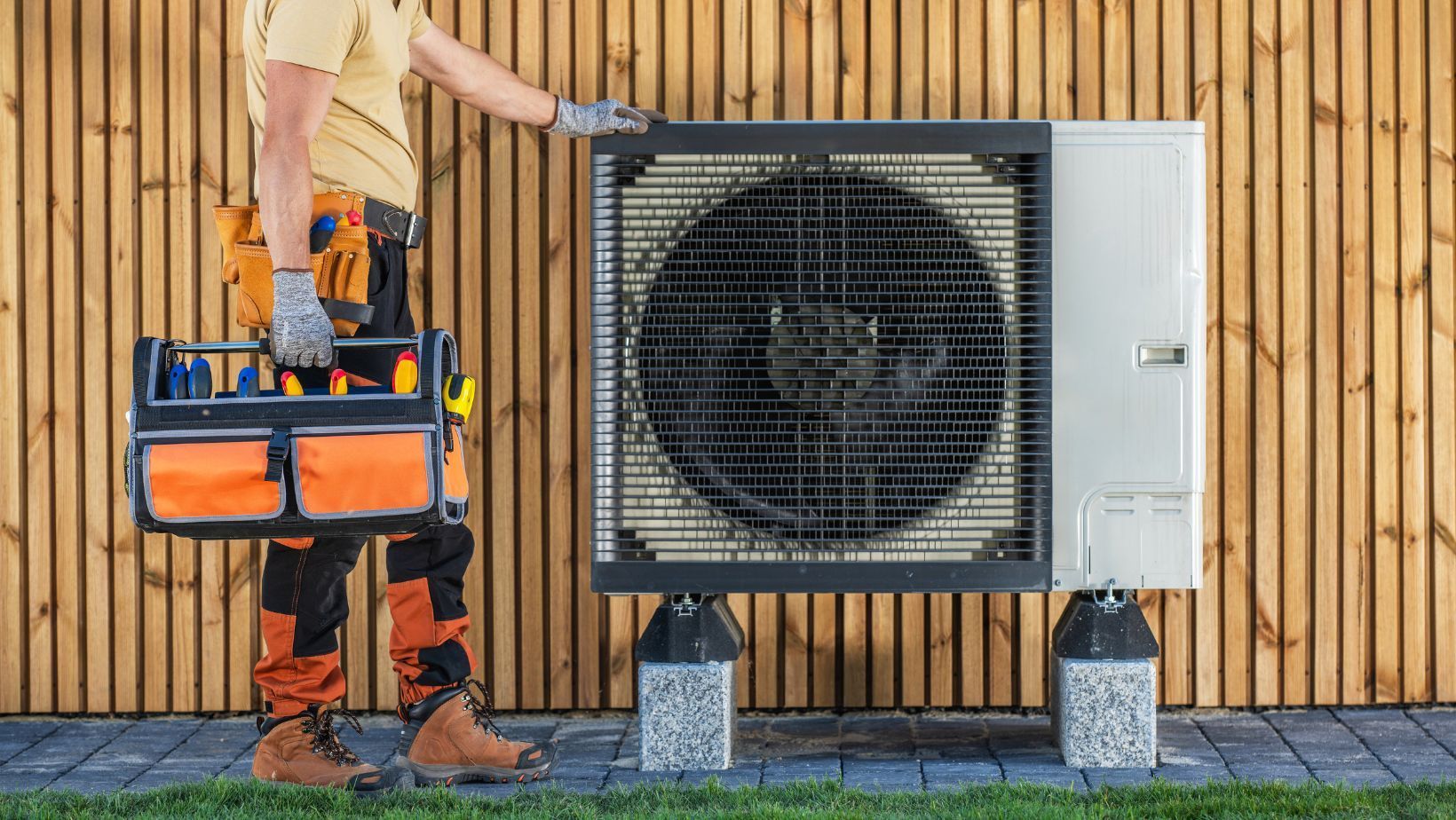
If your energy bills seem to climb with every season, you’re not alone. Homeowners across London, Ontario are feeling the squeeze of rising utility costs—especially when heating or cooling their homes. But what if the biggest culprit isn’t the weather or rate increases, but an outdated or inefficient HVAC system?
In this blog, we’ll show you how investing in a high-efficiency home HVAC system can lower your monthly energy bills, improve your comfort, and contribute to a healthier indoor environment. No gimmicks, no complicated tech talk—just practical, local advice to help you breathe easier and save more.
Key Takeaways
- High-efficiency HVAC systems use less energy to heat or cool your home.
- Upgrading outdated systems can significantly reduce utility bills over time.
- Sealing leaks and optimizing ductwork matters just as much as the unit itself.
- DIY fixes often lead to short-term gains and long-term losses.
- Professional installation ensures better performance and safety.
Overview
A home HVAC system (Heating, Ventilation, and Air Conditioning) is responsible for regulating indoor temperature and air quality. But if your system is over 10 years old, it may be doing its job poorly—and costing you far more than it should.
In London’s varied climate, an inefficient HVAC setup means more energy consumption during freezing winters and humid summers. With a high-efficiency system, however, you can maintain comfort without sending your energy bills into overdrive. The key lies in smarter design, cleaner airflow, and updated components that use energy more wisely.
What Is a High-Efficiency Home HVAC System?
A high-efficiency HVAC system consumes less power to achieve the same—or better—results than older models. These systems often feature variable speed motors, advanced compressors, and smart thermostats that adjust operation based on real-time indoor conditions.
The efficiency of heating systems is often measured by AFUE (Annual Fuel Utilization Efficiency) and cooling systems by SEER (Seasonal Energy Efficiency Ratio). Higher ratings mean less energy waste. For example, a furnace with a 95% AFUE rating turns 95% of its fuel into usable heat, while only losing 5%.
In Ontario homes, where extreme seasonal temperatures are the norm, the long-term savings from an efficient system add up quickly.
How Poor HVAC Efficiency Raises Your Bills
If your system is always running, cycling on and off frequently, or producing inconsistent airflow, it may be wasting energy. Leaky ductwork, clogged filters, or worn-out components can force the system to work harder, drawing more electricity or gas than necessary.
Even newer units can fall short if installed poorly or used with outdated ductwork. It’s not just the unit itself—it’s how the entire system works together. That’s why a proper assessment is essential.
According to studies, the average household can save 20% or more by upgrading to a high-efficiency home HVAC system and addressing duct issues. Those savings can reach hundreds of dollars annually.
The Hidden Impact of Ducts and Ventilation
You might have the most advanced HVAC unit on the market, but if your ducts are leaking or poorly insulated, efficiency goes out the window—literally. Studies suggest that up to 30% of heated or cooled air is lost through gaps in the duct system.
In many older London homes, ductwork wasn’t built with today’s standards in mind. Re-sealing and reconfiguring duct systems can make a dramatic difference, allowing the HVAC system to function as intended. This not only reduces energy waste but improves air distribution and comfort.
If you’ve noticed cold spots in winter or rooms that won’t cool in summer, your ducts might be the hidden issue.
Why DIY HVAC Upgrades Can Backfire
It might seem tempting to patch a duct, replace a thermostat, or clean a vent yourself—but without a full-system understanding, these small fixes can cause bigger problems. You could imbalance your airflow, create pressure issues, or miss underlying causes.
Worse, using improper parts or materials might void warranties or lead to safety hazards. HVAC systems involve gas lines, electrical wiring, and ventilation—all of which demand professional handling.
Working with experienced technicians from trusted businesses like Carver Sheet Metal guarantees accurate diagnostics, safe installation, and long-term reliability for your home HVAC system.
Long-Term Savings and Rebates
High-efficiency systems typically come with a higher upfront cost, but they pay you back over time through lower utility bills and reduced maintenance needs. In some regions, there may also be local rebates or tax incentives for upgrading to energy-efficient equipment.
Additionally, a more efficient HVAC system can increase the resale value of your home, attract energy-conscious buyers, and offer better peace of mind.
While initial installation costs vary, they’re far outweighed by long-term benefits—especially when combined with duct optimization and smart thermostats.
How to Spot the Signs You Need an Upgrade
- Your energy bills have risen without a clear cause.
- Your home has hot or cold spots in different rooms.
- The HVAC system runs constantly or makes unusual noises.
- Filters clog quickly or air feels stuffy despite regular cleaning.
- Your system is more than 10–15 years old.
If any of these sound familiar, it’s time to evaluate your system’s performance.
At Carver Sheet Metal, we specialize in assessing, installing, and upgrading high-efficiency home HVAC systems throughout London, Ontario. We help you make informed choices that lower your bills, improve your comfort, and increase your home’s value.
Let us evaluate your current setup and recommend real solutions that make a difference—not just for this season, but for years to come.
Visit Carver Sheet Metal at 11245 Sunningdale Road E, London, ON, or call us at 519-555-3821. Let’s build a smarter system together.
Conclusion
Reducing your energy bills isn’t about quick fixes—it’s about making smart, informed changes. A high-efficiency home HVAC system helps you save money, breathe easier, and live more comfortably in every season.
Ready to take control of your indoor climate? Reach out to Carver Sheet Metal today for a personalized plan built around your comfort and savings goals.
FAQs
Q: What is the average lifespan of a home HVAC system?
A: Typically 10–15 years. After that, performance drops, and efficiency declines.
Q: Will a high-efficiency system really lower my bills?
A: Yes. Most homeowners see a 20–30% reduction when switching from older models.
Q: Can I upgrade parts of my system without replacing everything?
A: Sometimes. A professional can assess which components can stay and which must be updated.
Q: How long does installation take?
A: Usually one to three days, depending on the system size and home layout.
Q:Are programmable thermostats worth it?
A: Absolutely. They let your system work smarter, reducing waste when you're away or asleep.
